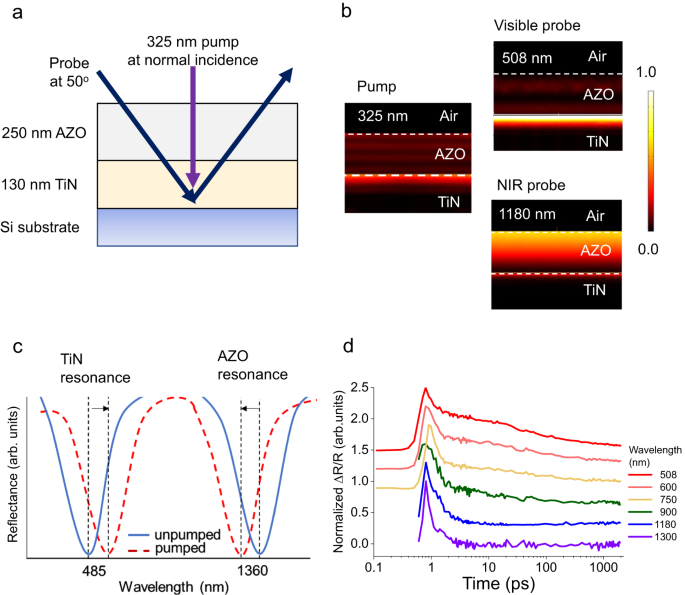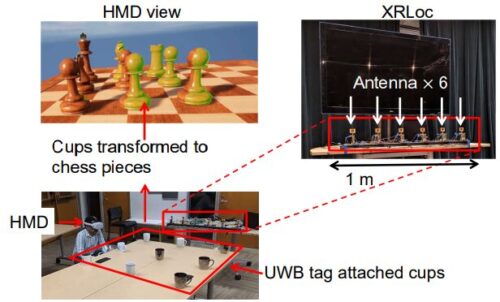2023-12-21 アルゴンヌ国立研究所(ANL)
◆従来のオプティカルスイッチは固定の切り替え時間を持っていましたが、この新しいスイッチは異なる切り替え時間を持つ2つの異なる材料で構成され、柔軟にデータの送信と効果的な保管を可能にします。これにより、従来のコンピューターチップよりも1000倍速く動作する可能性があり、光通信や光計算、超高速科学などの分野で高度に適応可能で効率的なスイッチの開発が期待されます。
◆光と電子通信のギャップを埋め、高速で効率的なデータ伝送を可能にするこの研究は、基本的な理解と先進的なコンピューターや通信デバイスの設計に向けた重要な洞察を提供しています。
<関連情報>
- https://www.anl.gov/article/researchers-develop-alloptical-switches-that-could-lead-to-faster-computer-processors
- https://www.nature.com/articles/s41467-023-41377-5
高速・低速材料による全光スイッチングの時間的ダイナミクスを工学的に解明 Engineering the temporal dynamics of all-optical switching with fast and slow materials
Soham Saha,Benjamin T. Diroll,Mustafa Goksu Ozlu,Sarah N. Chowdhury,Samuel Peana,Zhaxylyk Kudyshev,Richard D. Schaller,Zubin Jacob,Vladimir M. Shalaev,Alexander V. Kildishev & Alexandra Boltasseva
Nature Communications Published:21 September 2023
DOI:https://doi.org/10.1038/s41467-023-41377-5

Abstract
All-optical switches control the amplitude, phase, and polarization of light using optical control pulses. They can operate at ultrafast timescales – essential for technology-driven applications like optical computing, and fundamental studies like time-reflection. Conventional all-optical switches have a fixed switching time, but this work demonstrates that the response-time can be controlled by selectively controlling the light-matter-interaction in so-called fast and slow materials. The bi-material switch has a nanosecond response when the probe interacts strongly with titanium nitride near its epsilon-near-zero (ENZ) wavelength. The response-time speeds up over two orders of magnitude with increasing probe-wavelength, as light’s interaction with the faster Aluminum-doped zinc oxide (AZO) increases, eventually reaching the picosecond-scale near AZO’s ENZ-regime. This scheme provides several additional degrees of freedom for switching time control, such as probe-polarization and incident angle, and the pump-wavelength. This approach could lead to new functionalities within key applications in multiband transmission, optical computing, and nonlinear optics.



